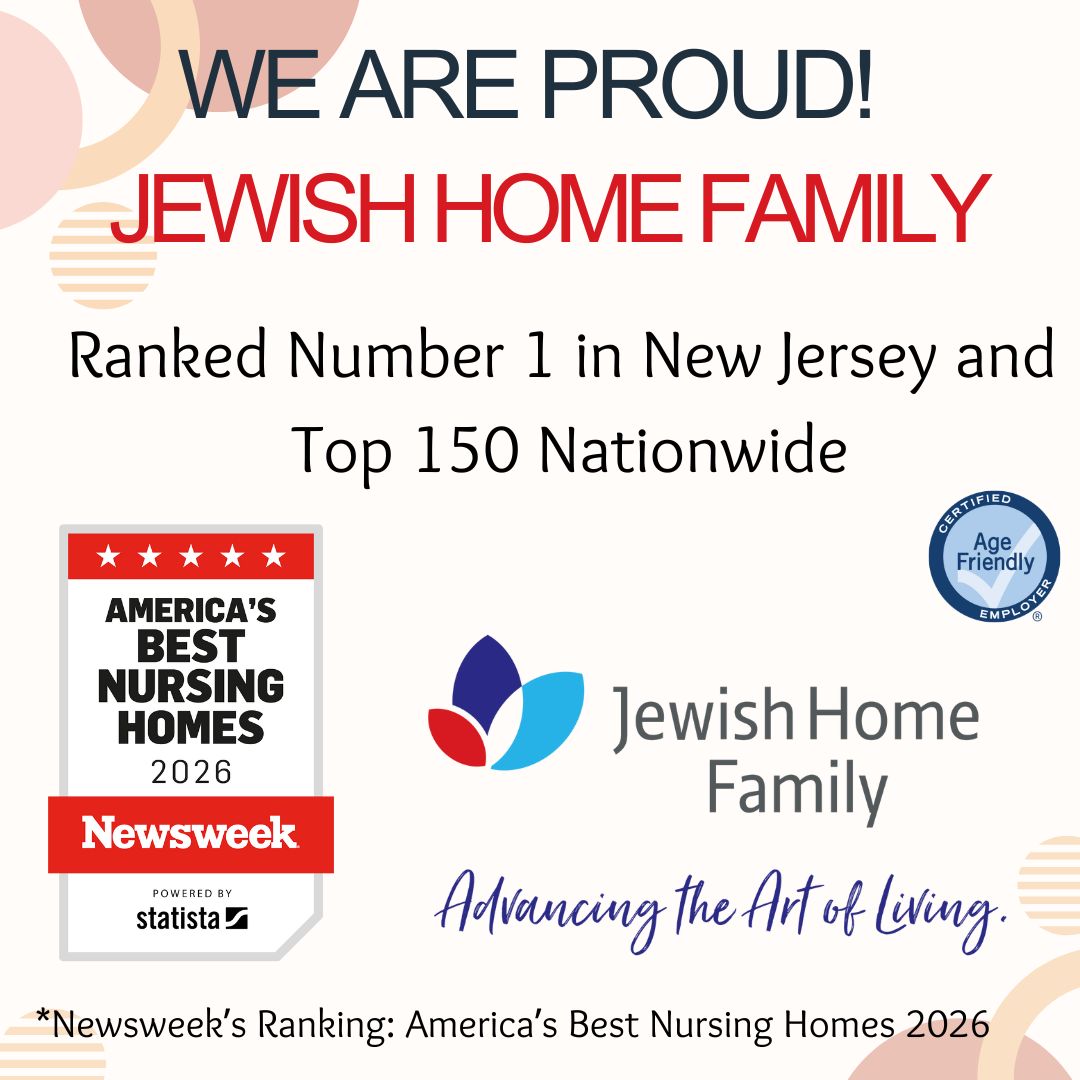Every year at Thanksgiving dinner I raise the question with our family and assorted guests—can you name something for which you are thankful? Sometimes it works (mostly with our friends who are too polite to roll their eyes at me) and the responses are no surprise, with folks voicing gratitude for family, friends, health and the like. My own answer is similar, with no shortage of appreciation for a loving husband, a healthy and growing family, wonderful and valued friends and meaningful work. Yet as I think, and say, these words of gratitude, I can’t help but be aware that there are words unspoken, words about loss and grief and the hole that loss leaves in our life.
The shadows that I feel are not so much my parents, although I wish that they were here to share the holiday, and to share life, with us. While I lost them too young, I understand the order of life and the cycle of birth and death that we all must experience. The pain that lurks just under the surface for me are those unexpected losses, traumatic losses, losses that are impossible to understand. My brother and I were just 18 months apart in age and, from the moment of his birth, he and I were a team, partners in crime, confidantes and presidents of each other’s fan club. When our parents died nine years apart, we were in our mid-20’s and then in our mid-30’s and we clung to each other, keeping our families close and connected, holding onto that life raft we found in one another. When my brother died in an accident in 2001, it was as if someone took the fabric of my life and brutally ripped it in half. Almost exactly a year ago, my nephew, the younger of my brother’s two children, died at the tender age of 24. A trauma, an accident and life for all of us is, once again, forever changed and forever diminished.
While this is my personal struggle, I know that there are many others who approach the holidays, as I do, with mixed emotions. Our older adults, specifically, have lost so much in many cases and they see these occasions as bittersweet and with good reason. Many of them have lost spouses, other family members and friends. Some have endured the tragedy of losing children. All of them are experiencing the loss of life the way it was, as age, and often disease and disability, play a role.
The world of our older adults becomes a smaller one as they age. No longer having a career can cause a sense of lost identity. Giving up your home, your car keys and your control over many aspects of your life is painful and difficult. Aging is, as we like to say, not for the faint of heart. Aging well requires us to adapt and change and accept as best we can.
My commitment for this year’s holidays is to focus on the joy and the positives, but also acknowledge the other emotions we all have in play. Rather than just think that I wish those I miss were with us, I want to acknowledge their absence, not in a maudlin way but by recognizing the fact that they are in our hearts and in our thoughts. This year, instead of asking what we are grateful for, I want to know about a holiday memory that we each treasure. I will ask the older adults with whom I interact to tell me what they remember about Thanksgiving when they were growing up, to share their favorite (and least favorite) parts of the holiday. I will remember that life’s fullness is not one dimensional—that our joys and our sorrows are all a part of the whole.

